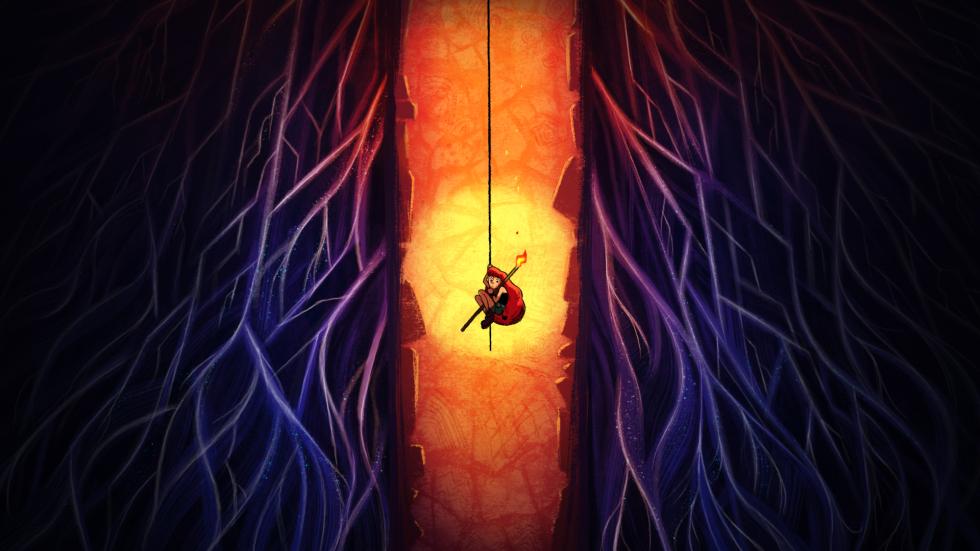
The short film, a space for creative freedom and a natural incubator for new voices, takes centre stage in the programme of the Seville European Film Festival for the first time in its history. In its 22nd edition, held from 7 to 15 November, the festival highlights its commitment to a format that, in addition to being a platform for the continent’s new talents, has also been the terrain where major European auteurs have honed and continue to experiment with their craft.
Essential to understanding the present and future of cinema, a total of 27 short films —both live action and animation— will compete in Seville’s Official Section, reflecting the vitality and diversity of the format. This year’s line-up features two Andalusian shorts, three from Spain, and 22 other works from France, Switzerland, the Czech Republic, Germany, Belgium, the Netherlands, Serbia, Bosnia, North Macedonia, Portugal, Ukraine and Poland, including co-productions with Mongolia and the United States. All are contenders for recognition in the Live Action and Animation categories.
Andalusian talent takes centre stage in the Official Short Film Section
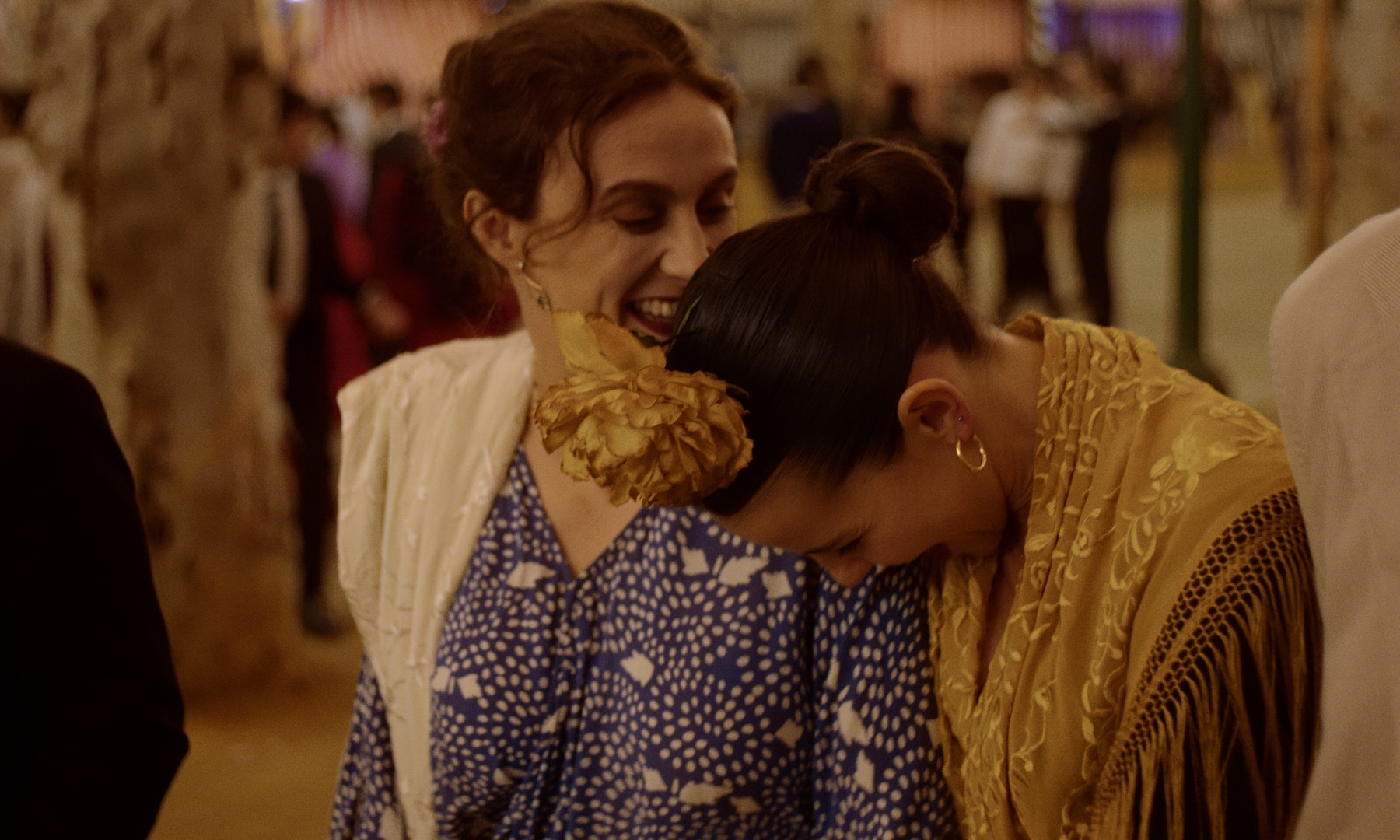
The Seville European Film Festival strengthens its ties with local creation by including in its official competition two Andalusian works that focus on affection and family bonds: 'Hermanas', by Setefilla González Naranjo and Javier Barbero Montes, and 'Baile de Feria', by Bernabé Bulnes.
'Hermanas' is an intimate portrait filmed in a small village in Seville, depicting the daily routine of two women aged 62 and 65. After more than two years of observation, Javier Barbero —winner of the 2023 Carmen Award for Best Documentary Short with Nos acompañamos— and Setefilla González Naranjo co-direct, from their own script, a film that speaks of care and shared resilience.
For his part, Bernabé Bulnes (ASECAN Award for Best New Director, 2023) wrote and directed 'Baile de Feria', shot during Seville’s own April Fair. Starring Adela Castaño, the film tells the story of a father with cognitive decline and his daughter, reunited in one final dance that intertwines tenderness, memory and guilt.
Three other Spanish perspectives exploring memory, desire and contradictions
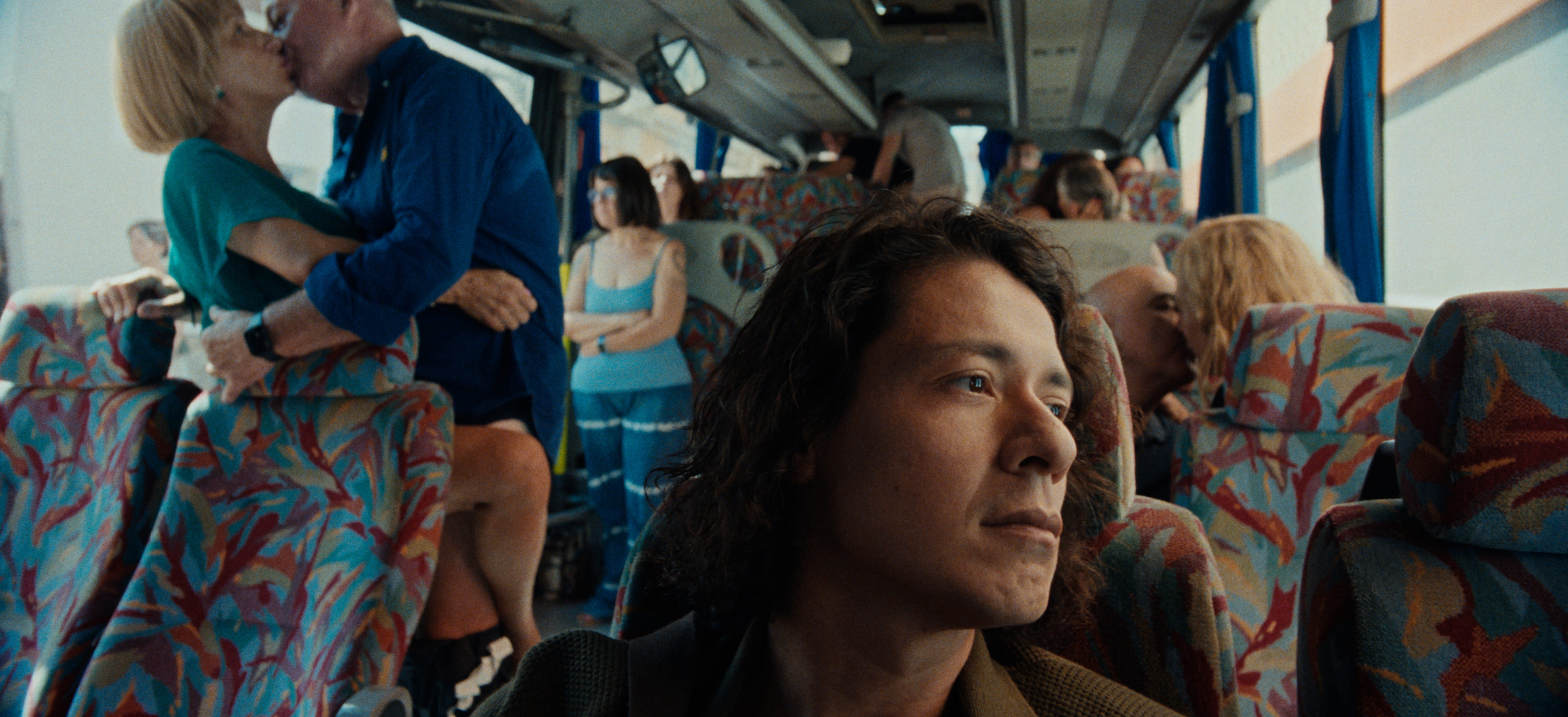
Spanish cinema will also be represented in the Official Short Film Section with three very different proposals, ranging from unsettling satire to moral essay and romantic fable.
'You Have to See It', directed by Nacho Solana and written by Jordi Farga, turns the experience of visiting friends who have just had a baby into a disturbing tale. With a stellar cast —Paula Usero, Pablo Gómez-Pando, Juan Blanco and Andrea Guasch— the short confirms Solana’s talent, with a prolific international festival career and winner of the prestigious Silver Méliès at Manchester’s Grimmfest.
From Barcelona, Nausica Serra, trained at ESCAC, presents 'Dissection of an Incoherence in Crisis', also selected among the participants of the European Future Frames programme showcased in Seville. The short dissects the impossibility of managing envy and ego in trivial arguments, building an essay on family dynamics and the fragility of affection.
The third proposal, 'Talk Me', is written and directed by Joecar Hanna, a Chinese-Lebanese filmmaker raised in Valencia and trained at New York University, who has just premiered at Cannes and Toronto and counts Spike Lee as executive producer. The film reflects on multicultural identity while following Pedro, a mestizo trapped in a passionless marriage, and Kira, an outsider with whom he begins a risky bond in search of a genuine connection.
New European voices in the Official Short Film Section
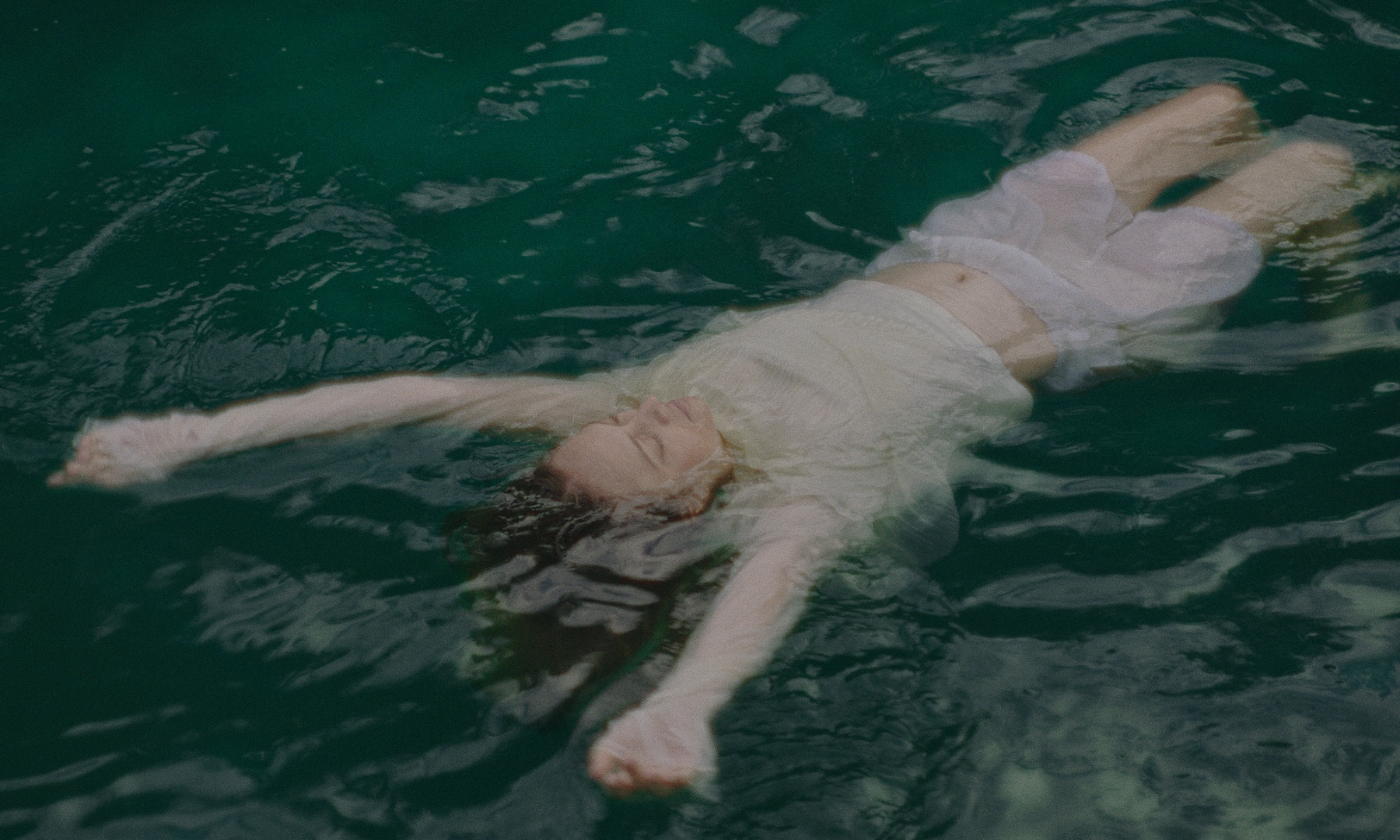
The international panorama of live-action short films at the Seville Festival brings together 13 works that explore the boundaries of memory, identity, desire and survival.
'Nest' (Switzerland), directed by Stefania Burla, with a screenplay by the director together with Johannes Jordan and Fabiana Seitz, and edited by Andalusian editor Laura Rodríguez Pérez, portrays a teenage girl caught between her mother’s expectations and the strict rules of her Catholic community in the Alps. Screened at Locarno and Tirana, it is an intimate portrait of the weight of female adolescence and the search for freedom.
Written and directed by Iyanah Bativala, 'Nesting' (Czech Republic) is a fable about motherhood, loss and isolation, following the emotional decline of an older woman obsessed with her hyper-realistic dolls after the disappearance of one of them.
'Yonne' (Switzerland/France), written and directed by Julietta Korbel and Yan Ciszewski, offers a historical perspective on women’s struggles, relocating to the 19th century the story of two peasant sisters who disguise themselves as men to work as lumberjacks on their way to Paris.
'A South Facing Window' (France/Mongolia) follows a young couple from Ulaanbaatar on the verge of breaking up, wandering through empty apartments in search of new beginnings. It is the new work of writer-director Lkhagvadulam Purev-Ochir, after her success in Venice and Toronto with Snow in September.
Directors and screenwriters Baptiste Bogaert and Noëlle Bastin, who are also presenting Vitrival in the Festival’s Rampa section, bring to Seville the world premiere of 'Mass Grave' (Belgium), a satire about four entrepreneurs striving for the perfect narrative for their “green” startup, until an artificial intelligence app begins to destabilize their dynamics and certainties.
Nevena Desivojević writes and directs 'Bright Summer Days' (Portugal/Serbia), following two sisters reunited amid absences and farewells. A delicate portrait of family ties, co-written with Pedro Peralta.
'In Her Arm' (Ukraine), directed by Roman Volosevych, who co-wrote the script with Ihor Zaitsev, follows a couple returning to their home in Ukraine after the Russian withdrawal, only to discover that even the everyday is marked by violence.
Selected at IndieLisboa, 'Um Bom Dia' (Portugal), written and directed by Tiago Rosa-Rosso, begins when a man finds his lifeless double floating in the swimming pool. The family must deal with confusion and grief in a disturbing tale.
Niklas Pollmann writes and directs 'Between the Lines' (Austria), shot in a single take, capturing the fleeting encounter —romantic, ambiguous and menacing— of two young men on a Vienna subway platform.
Driven by costume design as a narrative tool, Lorenzo Follari and Emma Dock write and direct 'Nio Gånger Bättre' (Sweden), following the journey of Venus, a woman who vows never to fall in love again until a stranger drags her into a new passion.
Meanwhile, Jan Saczek writes and directs 'Taty Nie Ma' (Dad’s Not Home) (Poland), a story of childhood forced to grow up under extreme circumstances, as two brothers hide their father’s mental illness to avoid being separated.
After presenting previous titles at Cannes and Venice, Brazilian director João Paulo Miranda Maria brings 'Blackbird' (France), written with Philippe de Pierpont, an atmospheric tale of intersecting solitudes that follows the arrival of a mysterious woman at a forest campsite, where she coexists with a former boxer and a young man, always accompanied by a blackbird.
And as an example of the creative and narrative freedom offered by the short film format, the Ukrainian master of European cinema Sergei Loznitsa writes and directs 'Paleontology Lesson' (Ukraine), an act of resistance and memory depicting a group of children visiting a museum in Kyiv with their teacher in the midst of the Russian invasion.
Animation Shorts in the Official Section
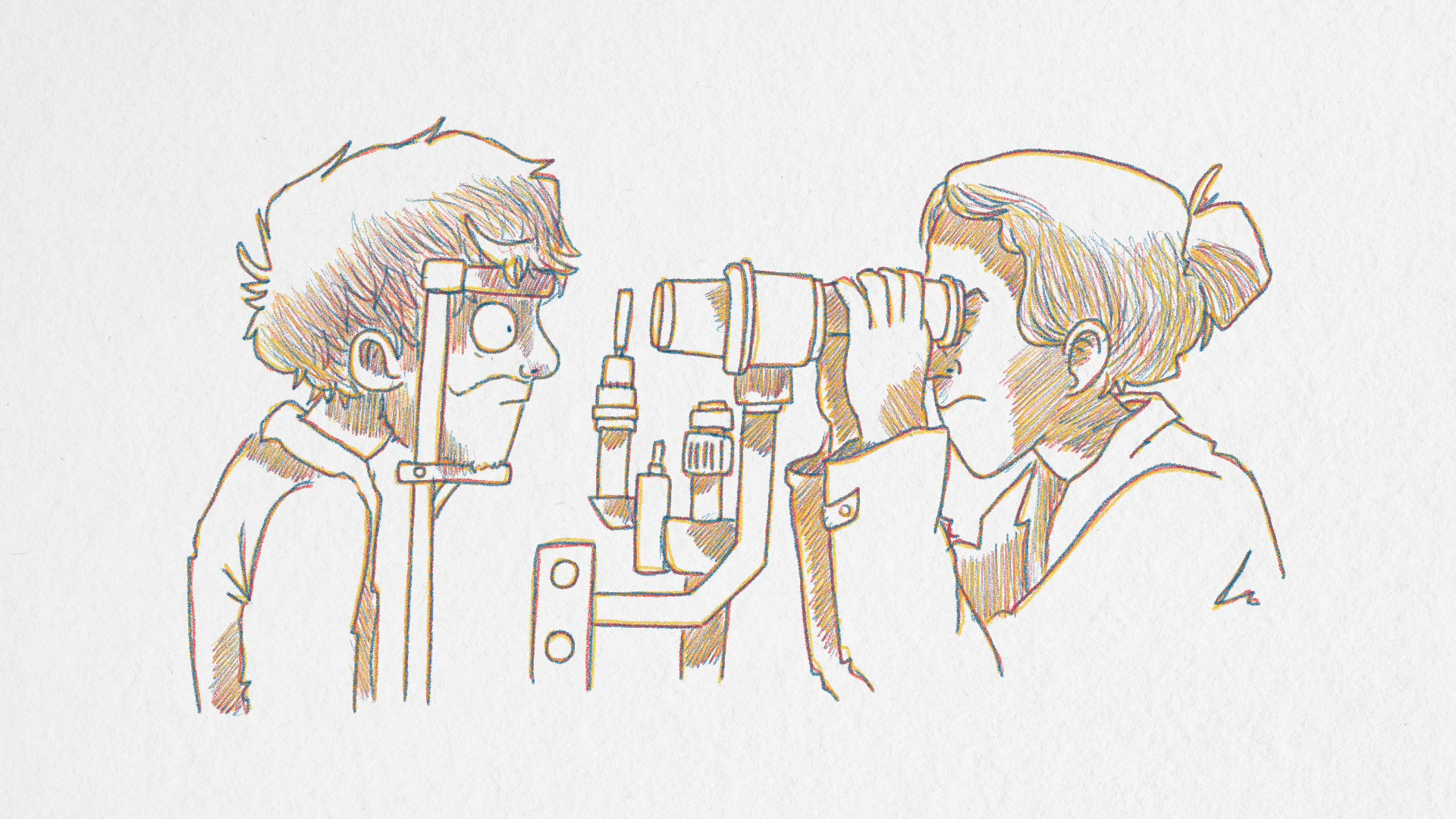
Nine animated short films bring singular perspectives and reaffirm the expressive power of this format within European cinema.
'Éiru' (Ireland), written and directed by Giovanna Ferrari, follows an Iron Age girl who descends into the earth to recover her village’s water. Selected at more than 20 festivals, it is a mythical adventure about courage and female identity, directed by a key artist from the Cartoon Saloon studio (Song of the Sea, The Breadwinner).
In 'L’Horizon du Bout du Nez' (France), Étienne Bonnet turns the personal experience of living with severe myopia since the age of six into a visual journey through memory and the blurred perception of reality.
Agnès Patron, author of 'L’Heure de l’Ours' (César Award for Best Animated Short), returns with 'Une Fugue' (France), a story about bonds and memory co-written with Johanna Krawczyk, in which she recalls the figure of her lost brother through poetic images of hand-painted 2D animation.
After premiering in the Official Selection at Cannes, 'The Bird from Within' (Portugal), directed by Laura Anahory and co-written with Ana Anahory and Guilherme Mateus, arrives in Seville. Using 2D animation and mixed techniques, it offers an intimate reflection on mental health through the story of a woman inhabited by an inner bird.
'Le Cantique des Moutons' (France), co-directed and written by Jules Marcel, Anaïs Castro de Angel, Juliette Bigo, Evan Lambert, Alex Le Ruyet, Jeanne Bigo and Anaïs Ledoux —a team of young filmmakers from Supinfocom Rubika— presents the delirious tale of a hungover man and a talking sheep in the Alps.
Brothers Abdelrahman and Saad Dnewar write and direct 'My Brother, My Brother' (Germany/Egypt), an autofiction animated film about shared memory and loss between twin brothers, marked by the real-life death of one of them. A profoundly personal and moving work.
Janneke Swinkels and Tim Frijsinger write and direct a stop-motion fable about acceptance and transcendence in 'Murmuration' (Netherlands), blending everyday realism and magical fantasy to portray an elderly man’s metamorphosis into a bird inside a nursing home.
Polish writer-director Sylwia Szkiłądź recalls her own childhood migration from Poland to Belgium in the 1990s in 'Autokar' (Belgium/France), a coming-of-age rite through a bus journey that transforms into a fantastic universe.
'Le Jardin Rossini' (France), written and directed by the collective formed by William Burger, Siméon Jacob, Odelia Laine, Garance Mondamert, Tara Rewal, Mathilde Vergereau and Arthur Wong, is an animated portrait of a gardener-artist who expresses himself through a surreal landscape. The film explores identity, heritage, and generational rupture when his daughter decides to abandon that universe.






